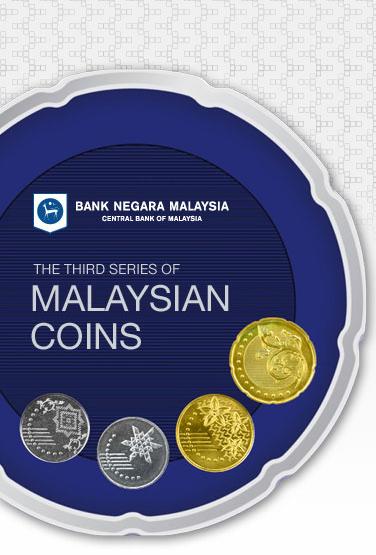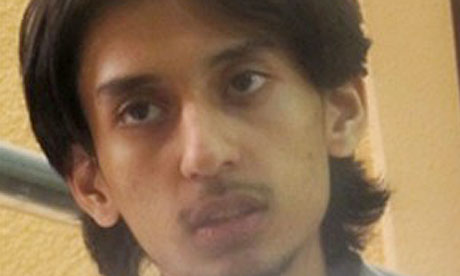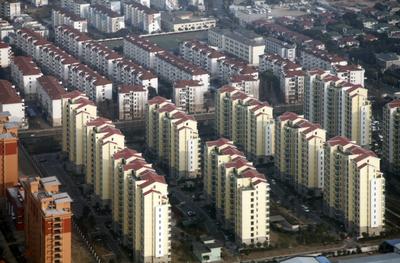A letter
regarding the treatment of the elderly at homes reminds us that this
group of people are often neglected. All of us will eventually become
old in future but most have forgotten this fact of life. Some of us
due to circumstances will not be able to fend for ourselves and have
to depend on others. Those without familial support will be taken
care of by strangers. The lucky ones might get good caregivers who
will do their utmost to make the lives of the elderly under their
care as comfortable as possible. Alas, Uncle Tony who is mentioned in
the letter does not seem to be in that group.
As the elderly become more numerous in
society, a more holistic approach is needed to cater for them. Some
of them need help physically but more than that, the attention given
to them as a person would be the most important aspect in caring for
them. Time spent with them, is more precious than just the daily
routine of feeding and clothing them. They are cranky, uncooperative,
stubborn, and some would be going through their second childhood but
despite all these negatives, they still deserve better treatment.
They are in their golden era and should
be treated as such, priceless.
Image from freefoto







